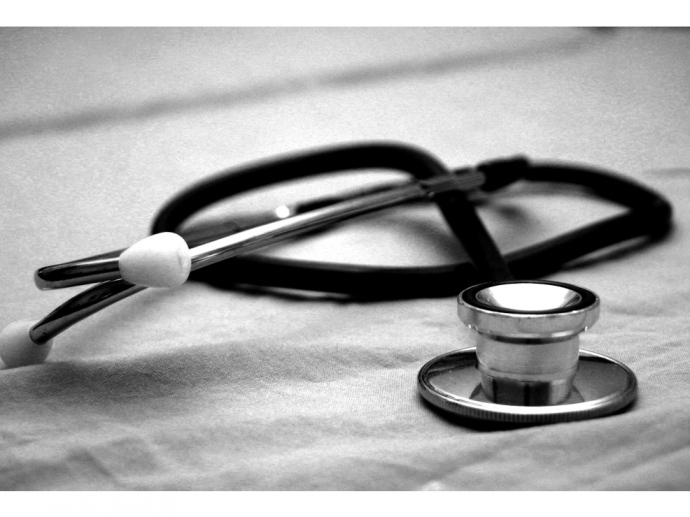Categories more
- Adventures (16)
- Arts / Collectables (14)
- Automotive (36)
- Aviation (10)
- Bath, Body, & Health (73)
- Children (6)
- Cigars / Spirits (30)
- Cuisine (16)
- Design/Architecture (17)
- Electronics (12)
- Entertainment (4)
- Event Planning (3)
- Fashion (43)
- Finance (8)
- Gifts / Misc (6)
- Home Decor (44)
- Jewelry (39)
- Pets (3)
- Philanthropy (1)
- Real Estate (11)
- Services (21)
- Sports / Golf (14)
- Vacation / Travel (60)
- Watches / Pens (14)
- Wines / Vines (24)
- Yachting / Boating (15)
The Benefits of Passing the KAPS Exam for Medical Students
Published
05/27/2024Medical students aspiring to become proficient healthcare practitioners often find themselves at the crossroads of medicine and pharmacy. One important juncture in their academic journey is the Knowledge Assessment of Pharmaceutical Sciences (KAPS) exam.
While medical students may perceive it as an additional hurdle, passing the KAPS exam holds a plethora of benefits that extend far beyond mere academic achievement. If you are also a medical student looking forward to becoming a certified expert in pharmaceutical sciences, you can take this exam.
Keep reading this blog to find out what are some specific benefits of passing this exam.
Holistic Understanding of Patient Care
The KAPS exam includes all the fundamental principles of pharmaceutical sciences, encompassing topics ranging from pharmacology and pharmacokinetics to drug interactions and formulations.
By mastering these concepts, medical students gain a comprehensive understanding of how medications work within the human body. This knowledge is pivotal in ensuring safe prescribing practices, optimizing drug therapy, and minimizing adverse reactions, thereby enhancing patient care outcomes.
Interdisciplinary Collaboration
Medicine and pharmaceutical sciences are inherently intertwined disciplines, each complementing the other in the quest for better patient outcomes. Passing the KAPS exam fosters interdisciplinary collaboration by bridging the gap between medical practitioners and pharmacists.
Medical students equipped with a solid foundation in pharmaceutical sciences can effectively communicate with pharmacists, facilitating seamless collaboration in medication management, therapeutic decision-making, and adverse event management.
If you want to get prepared for this exam, you can go with Trusted KAPS Exam Preparation Services: Elite Expertise. They have the best tutors and syllabus notes to help you get the best prepared for the upcoming exam.
Evidence-Based Practice
In an era characterized by evidence-based medicine, proficiency in pharmaceutical sciences equips medical students with the analytical skills necessary to critically evaluate drug-related research and literature.
By passing the KAPS exam, medical students develop a discerning eye for assessing the efficacy, safety, and applicability of various pharmaceutical interventions. This promotes a culture of evidence-based practice, wherein clinical decisions are rooted in scientific evidence rather than anecdotal experience, ultimately improving patient safety and healthcare quality.
Pharmacovigilance and Patient Safety
Adverse drug reactions (ADRs) pose a significant challenge in clinical practice, often resulting in morbidity, mortality, and healthcare costs. Through the KAPS exam, medical students gain insights into pharmacovigilance principles, including ADR monitoring, reporting, and risk mitigation strategies.
Armed with this knowledge, future physicians can proactively identify and manage adverse drug events, thereby safeguarding patient safety and contributing to continuous quality improvement within healthcare systems.
Professional Development and Career Advancement
Passing the KAPS exam not only validates medical students' proficiency in pharmaceutical sciences but also enhances their professional credibility and marketability. Accreditation in pharmaceutical sciences augments medical students' resumes, setting them apart in an increasingly competitive job market.
Moreover, it opens doors to diverse career pathways, including clinical research, pharmacovigilance, regulatory affairs, and pharmaceutical industry roles, thereby expanding their scope of practice and career advancement opportunities.
These are some of the benefits the KAPS exam can provide you with during your medical career.















